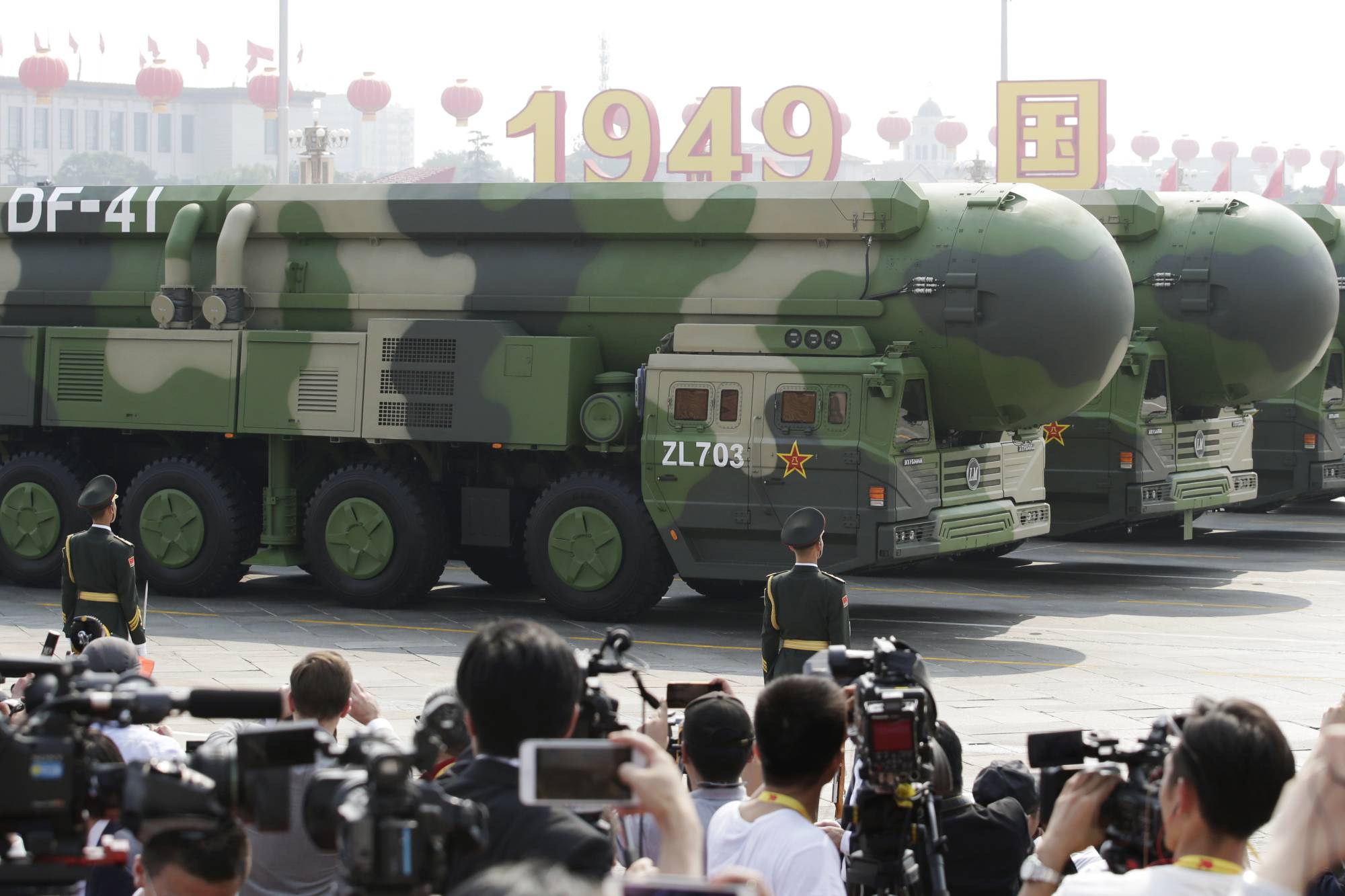Prime Minister Fumio Kishida has raised the specter of nuclear weapons being used by Russia in its invasion of Ukraine, calling the possibility “increasingly real” during a visit to Hiroshima with U.S. Ambassador to Japan Rahm Emanuel.
The remarks by Kishida highlighted growing concern in Tokyo that Russia could potentially use smaller, tactical nuclear weapons in the war in Ukraine, dealing a huge setback for nonproliferation goals and providing a lesson to others who might be considering using force to change the status quo, including in Asia.
“As the possibility of the use of nuclear weapons is becoming increasingly real, I hope that Ambassador Emanuel's visit to the A-bombed city and his experience of seeing the nuclear reality will become a strong message to the international society,” Kishida said Saturday, referring to Russian President Vladimir Putin's nuclear saber-rattling in his country's invasion of Ukraine.


















With your current subscription plan you can comment on stories. However, before writing your first comment, please create a display name in the Profile section of your subscriber account page.